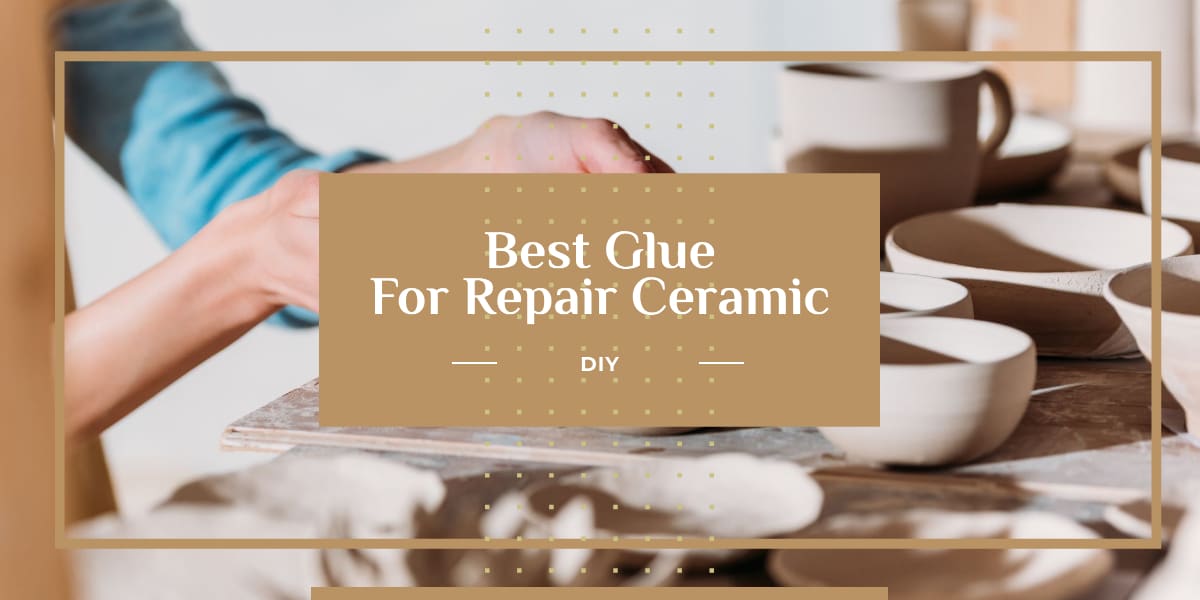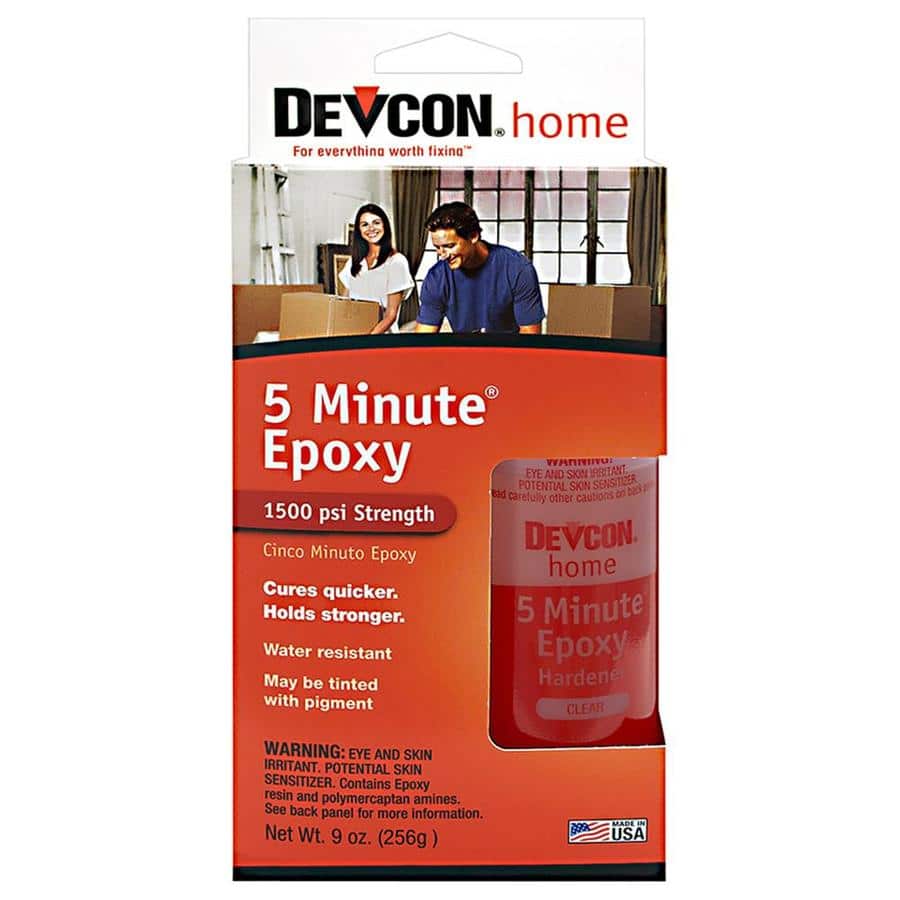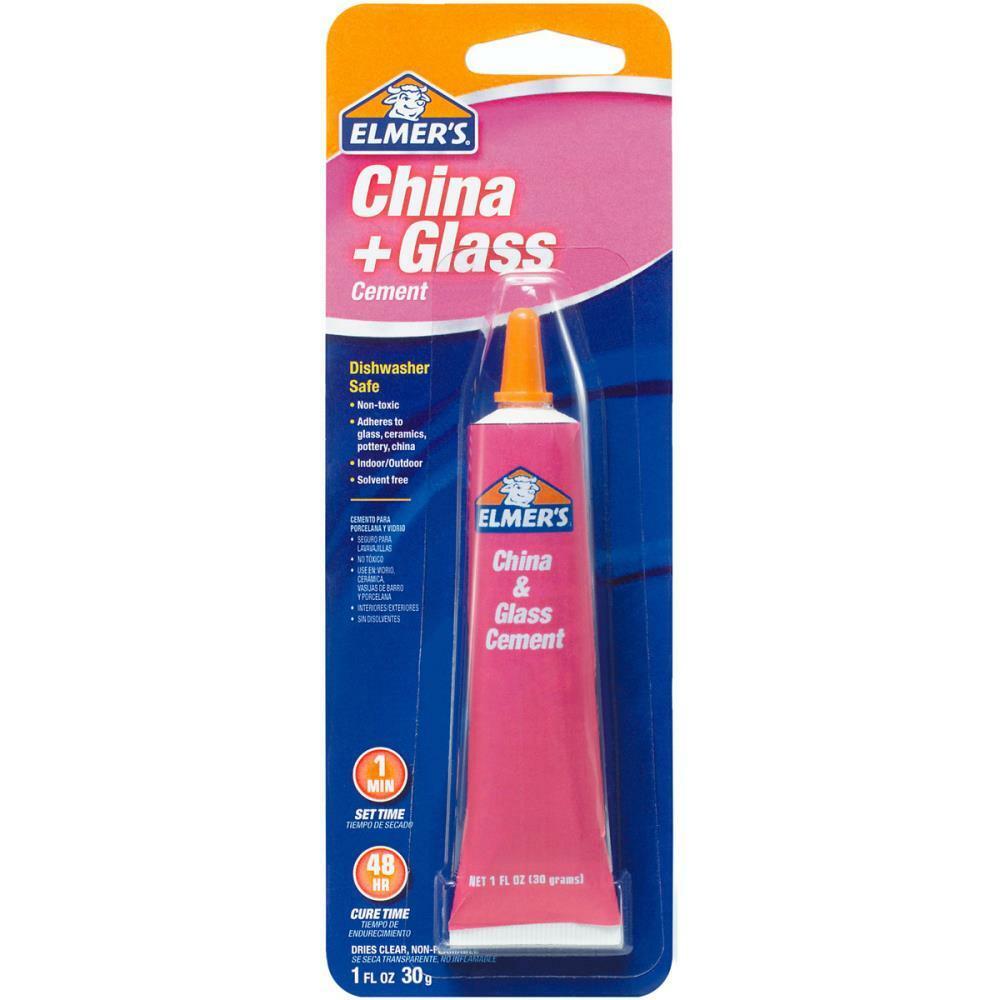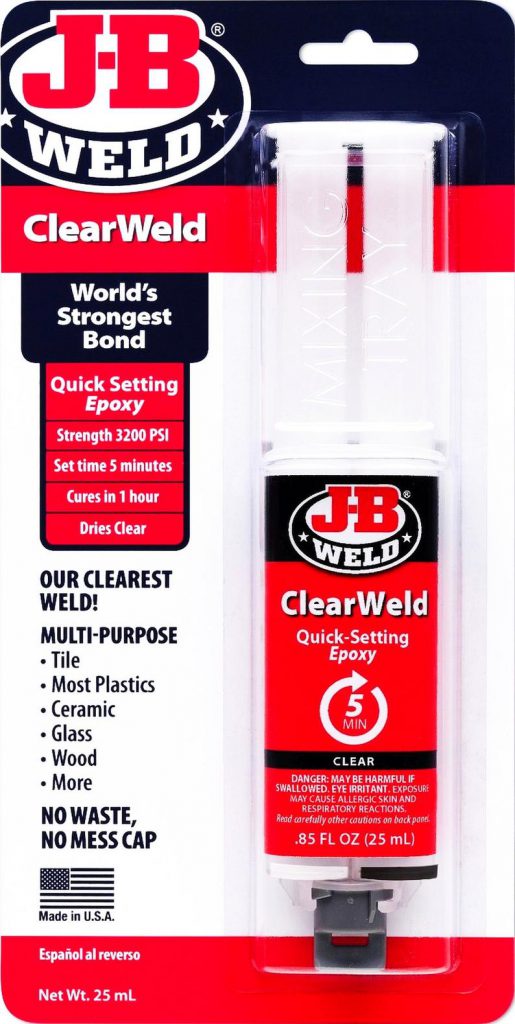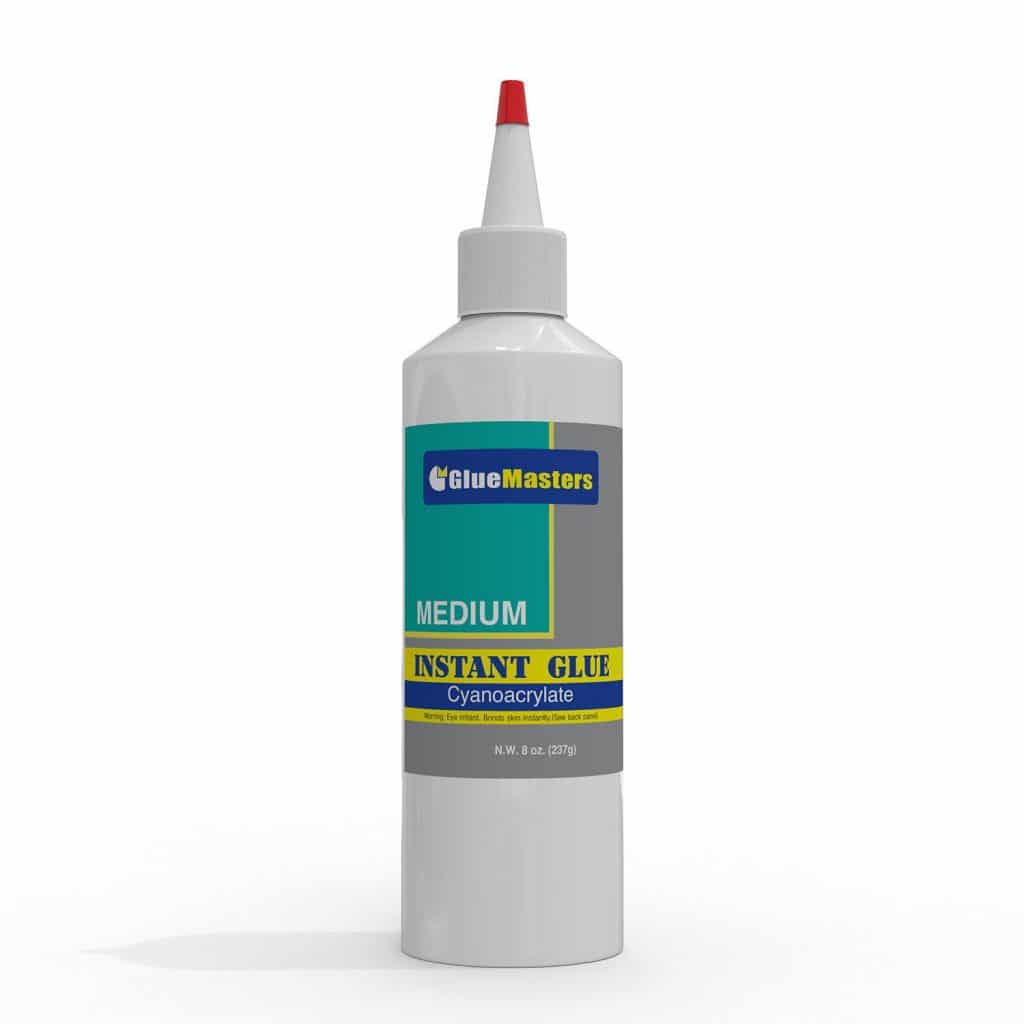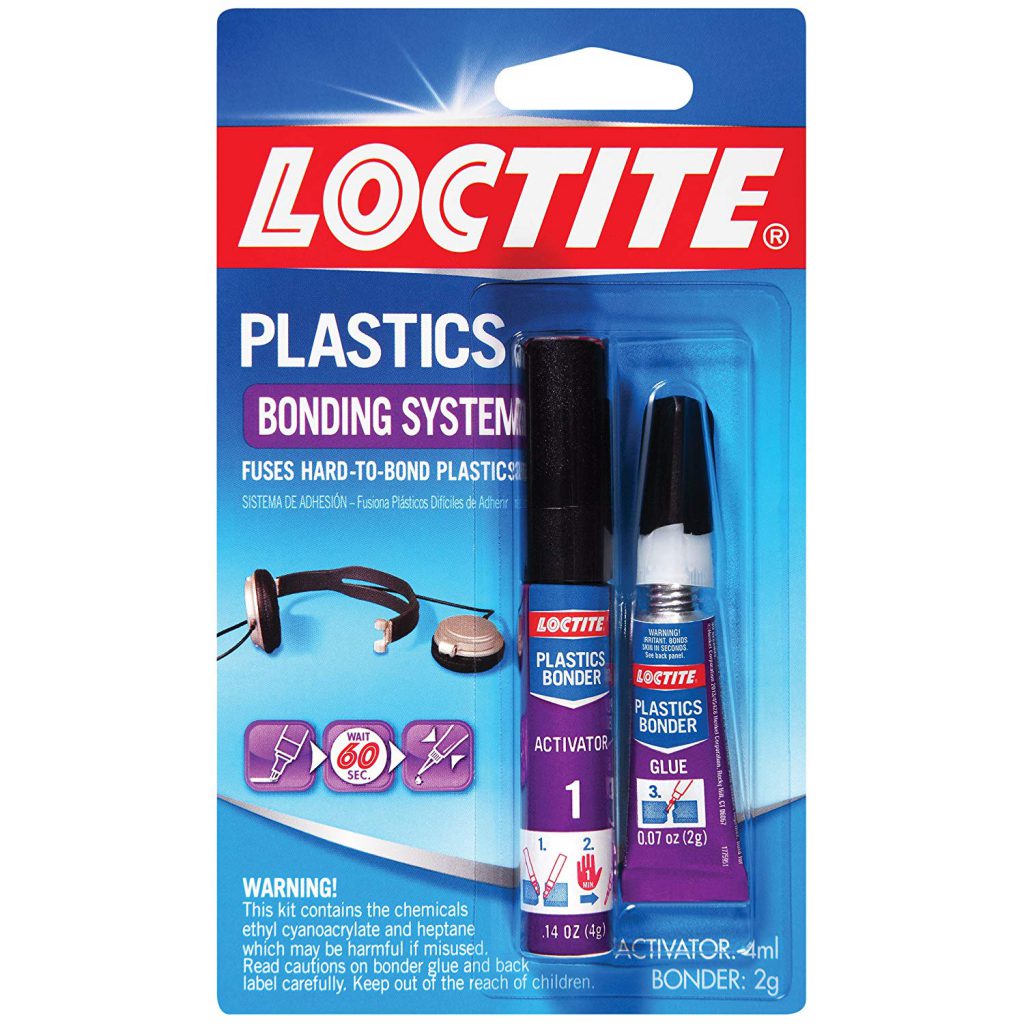Broken your favorite mug or a piece of wedding china? What a disaster! But no worries, putting a piece of the broken ceramic back isn’t difficult at all, as long as you have a good glue.
Top glue for broken ceramics
Whether you have all of the pieces or not, here’s a list of the TOP 5 glue for ceramic and porcelain repairs provided with product specifications, performance, and possible technical issues to ensure you get the best glue depending on your specific needs.
Devcon 5 Minute Epoxy Waterproof Glue
Devcon Epoxy Glue is a fast-drying, resin, and epoxy mixing glue. It comes in two 4.25oz bottles, and it sets within 5 minutes. It dries up completely in 24 hours. It can tie up various materials, such as metals, wood, glass, ceramics, and even concrete. The bond comes out clear but can be tinted with a pigment for a required effect. It’s resistant to most human-made chemicals, and it’s waterproof.
Pros
It’s fast-drying, waterproof, versatile, and affordable. It can be colored with different pigments, providing nearly invisible, flawless fixing, or a pleasing detail.
Cons
It isn’t easy to handle. As mixing of resin and epoxy is necessary, one has to act quickly and without hesitation when applying. The glue can also get either liquid or sticky if not blended properly, bringing up the risk of not drying. Wearing a mask during application is recommended, as the product has an unpleasant odor. It’s claimed to have a short shelf life too because of the bigger size of the bottles.
Elmer’s China and Glass Cement
Elmer’s glue comes in a practical, 1oz tube. It adheres to glass, pottery, ceramics, and china, and is suitable for both indoor and outdoor use. It’s quick-drying — it sets in 1 minute with a clear bond, which reaches its full strength within 2-3 days. The glue is non-toxic, solvent-free, and dishwasher safe. Therefore, it’s perfect for repairing domestic objects, such as plates, mugs, and bowls.
Pros
It’s affordable, easy to use, and simple to store. It’s non-toxic, so it’s a good option for those who are looking for a sustainable product. It’s fast-drying and can be used both indoors and outdoors. It’s supposed to be water-resistant too.
Cons
This glue isn’t as effective as claimed, so it might not be suitable to bond heavy objects and objects of frequent use. It’s not multipurpose, which may be a drawback for some DIY users, too, as buying a different superglue might be necessary for fixing other non-ceramic objects.
J-B Weld ClearWeld Syringe Quick Setting Epoxy – Best for Repair
This epoxy-based, quick-setting glue seems to be the most popular multifunction glue on the market. It can be applied to tiles, ceramics, glass, wood, and most plastics. It comes as a set of 6 0.85oz syringes, all of it for some $30. Its replaceable cap allows the user to work on several projects from the same container, without the glue getting neither sticky nor dry, despite its ability to set rapidly within 5 minutes and cure clear in 1 hour. The bond is supposed to be stronger than steel.
Pros
This product might have it all. It’s fast-drying, strong, versatile, affordable, easy to apply, and easy to store. The possibility of using it both inside and outside comes in handy too.
Cons
It doesn’t seem to have any major weaknesses. The only problem might be the 6 syringe packaging, which doesn’t allow the customer to purchase only 1 syringe. The price then might seem higher.
Glue Masters Cyanoacrylate Instant Glue
This industrial-strength, cyanoacrylate-based glue with an extended shelf life is suitable for plastic, wood, various DIY crafts, and even fabrics. Its thin viscosity offers a neat job without any hassle, which dries up clear in under 15 seconds. The bond is supposed to be waterproof too. It comes in an 8oz bottle with a twist cap. The company offers a 60-day guarantee of returning the money on all of their products if the customer’s not 100% satisfied.
Pros
Glue Master’s Instant Glue appears to fulfill its purpose. It’s versatile, fast-drying, strong, waterproof, and it has a long shelf life. The company offers a 60-day satisfaction guarantee for customers, which can be useful for the ones who are purchasing it for the first time and aren’t sure if they’re choosing the right.
Cons
Though it’s claimed to be multipurpose, it doesn’t specifically mention ceramics. Also, it seems rather toxic. Mask, glasses, and gloves are recommended while applying. The price is higher too. However, as it’s super glue, there’s no need to use big amounts of it, and therefore the bottle lasts longer if stored properly.
Loctite Super Glue Plastic Bonding System – The Best Supply
Loctite Super Glue Plastic Bonding System consists of 6 sets of a 2-gram tube of a bonder and a 4 ml tube of an activator, which primes difficult-to-bond surfaces polypropylene and polyethylene. It’s multipurpose, mostly used for wood, leather, paper, ceramics, plastic, metal, rubber, and fabric. It sets in seconds and dries transparent. It’s resistant to water, freeze, and most chemicals. Thanks to its double syringe dispenser, which distributes equal amounts of each element every time, the application is flawless and aesthetically pleasing, with no mixing required.
Pros
It’s easy to apply, quick to dry and works on a variety of surfaces. The bonds come out tidy and clean. It can therefore be used for cosmetic issues, such as jewelry, leather bags, etc. It’s very resistant too. It can be thus used both indoors and outdoors.
Cons
It’s not a good value for money. The tubes seem to be rather small for its price compared to other super glues. It isn’t as effective as claimed either.
Epoxy vs Super Glue
Ceramic adhesives have to be strong enough to repair a heavy ceramic vase together, yet neat to be invisible on a tiny porcelain teapot. There are two options available when it comes to fixing ceramics, and they’re highly dependent on the application one is using it for. They both have their advantages and disadvantages.
Epoxy-based glues, in general, provide a strong, gap-filling bond for porous ceramics. They usually come as a resin and hardener, which may though turn it difficult to use. They tend to take longer to dry and thus make for thicker, more apparent filling lines, compared to super glues. However, they offer greater temperature and pressure resistance.
Super glues, on the other hand, which are made of cyanoacrylates, are much easier to apply and quicker to dry. They offer instant, lightweight, and non-porous ceramic repair. They’re a good option for emergency repairs too. Nevertheless, they’re not recommended for heavy-bearing bonds and extreme weather conditions.
Conclusion
To wrap it up, there’s definitely a wide range of ceramic glues on the market today. One should always choose to depend on the specific needs, such as drying time, effectivity, toxicity, water and heat resistance, etc. The versatility of the glue should be considered too.
The ones wanting to repair a household item (a mug, plate, or a bowl) should reach for epoxy-based glues, which provide a very strong bond and water, pressure, and heat resistance. They can be used on porous surfaces. For emergency use and precise ceramic work, super glues are recommended because of their easy and neat application, and their very fast air-drying.

